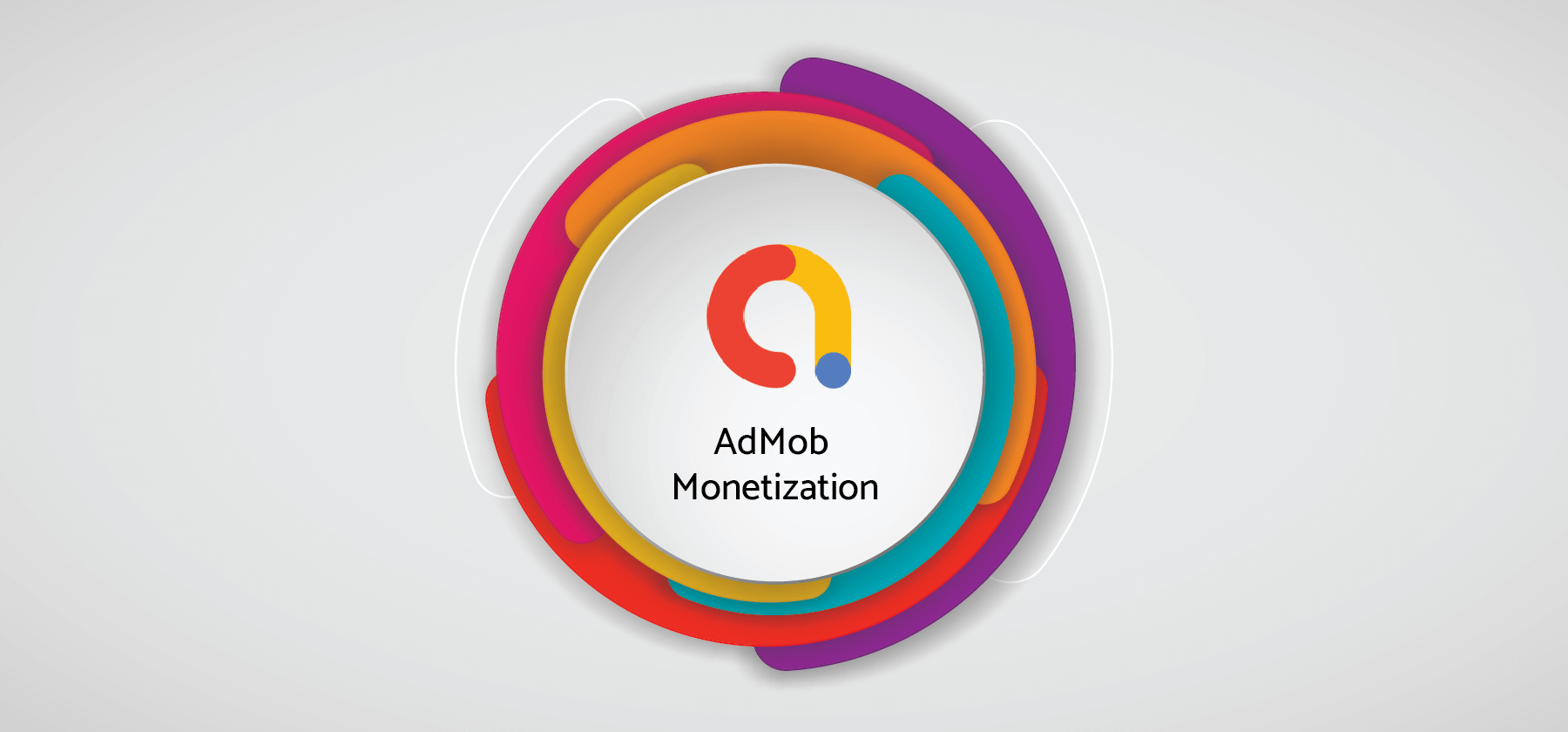This article explains website monetization for us by providing information on eligibility criteria, their significance, and the top 11 website monetization strategies in 2025. Continue reading to find out more about these topics.
Creating a website is simple, but keeping it up requires countless hours of unpaid work before website monetization efforts start to pay off. Even if you start a blog or create a visually beautiful website, you still need an eclectic mix of some efficient website monetization strategies to stabilize your revenue.
Almost any online business can monetize its website. Monetizing your website will have several advantages, such as helping you cover development costs and even turn a profit. It will let you make money off the traffic and engagement of your visitors, and it may even grow into a reliable source of income for you.
This post will suggest how to monetize a website using a variety of proven approaches that can increase sales and improve your online visibility. You can make your website thrive by implementing the website monetization strategies shown below. However, before moving on, let's quickly define website monetization.
What is Website Monetization
Website monetization is earning money from a website or blog by leveraging it as an advertising platform for businesses with content and offers relevant to that site. It is a crucial concept since website monetization enables you to grow your business while generating active or passive currency from your website.
Check out this Wikipedia definition for a detailed explanation of website monetization:
"Website monetization is the process of converting existing traffic being sent to a particular website into revenue. The most popular ways of monetizing a website are by implementing pay-per-click (PPC) and cost-per-impression (CPI/CPM) advertising. Various ad networks facilitate a webmaster in placing advertisements on pages of the website to benefit from the traffic the site is experiencing."
- According to WikipediaWhy should you monetize your website
You may get passive revenue by monetizing your website, but keep in mind that using ineffective website monetization strategies will result in irregular earnings, giving you the impression that monetization is pointless for you. However, if you utilize the best website monetization strategies relevant to your niche, your website may develop into a stable source of passive income.
Additionally, you can pay the expenditures involved with maintaining your website with the money you earn from it. As a result, you won't have to take money out of your paycheck to pay for site hosting, premium plugins, and other things; instead, you may use the money you earn from monetizing.
If you're running your website on a tight budget, budget constraints may compel you to choose poor hosting and designs for your website. But as soon as you begin to monetize, you may finally upgrade your current plans, which will put you on the right track to growing your website.
Finally, it's important to remember not all of the benefits are financial. Using monetization as an example, you may naturally open up chances to change how visitors interact with your content. For instance, you may use website monetization strategies like subscriptions, consultations, or webinars to provide extra value and ways for users to interact with your website.
The right time to think about monetizing your website
Many small online businesses get their start as a side hustle, a means of supplementing your income while following an interest. However, if you can attract customers and your vision succeeds, you can carefully consider turning your hobby into a lucrative business in the future.
Timing is crucial, though. Starting too soon could thwart you from reaching the optimum results. Given that, the following are some indications that your website is eligible for monetization:
Website monetization eligibility:
- Traffic: High traffic counts are essential for the success of several website monetization strategies. So, if your website is still too fresh, you might want to wait till you're more well-known and receive more traffic.
- Niche: To appropriately monetize your content, you must identify a specific limited niche for it. Readers will likely find your content popular if they can't find identical information elsewhere.
- Engagement: Engagement is one essential aspect to consider when deciding whether or not your website is eligible for monetization. By leaving frequent comments, discussing your information, and giving it positive ratings, readers display their appreciation for your website. Your user base will participate more if you focus on these engagement-building initiatives, which will also prepare your website for revenue.
- Schedule: You could be prepared for monetization of your website or blog if you've taken a systematic strategy (instead of updating whenever the mood strikes). Consider scheduling posts to go live every week at the same time and day. This is essential since providing consistent updates will win your audience's trust.
Pro Tip:
Before focusing on website monetization strategies, it is advisable to keep generating quality content and growing your audience if you're still not crossing the mark with the above eligibility aspects.
Let's look at 11 website monetization strategies to boost your efforts now that you know whether monetization is a realistic alternative for your website or not!
The Best 11 Website Monetization Strategies in 2025
Let’s get started-
-
Pay Per Click(PPC) Advertising with Google AdSense
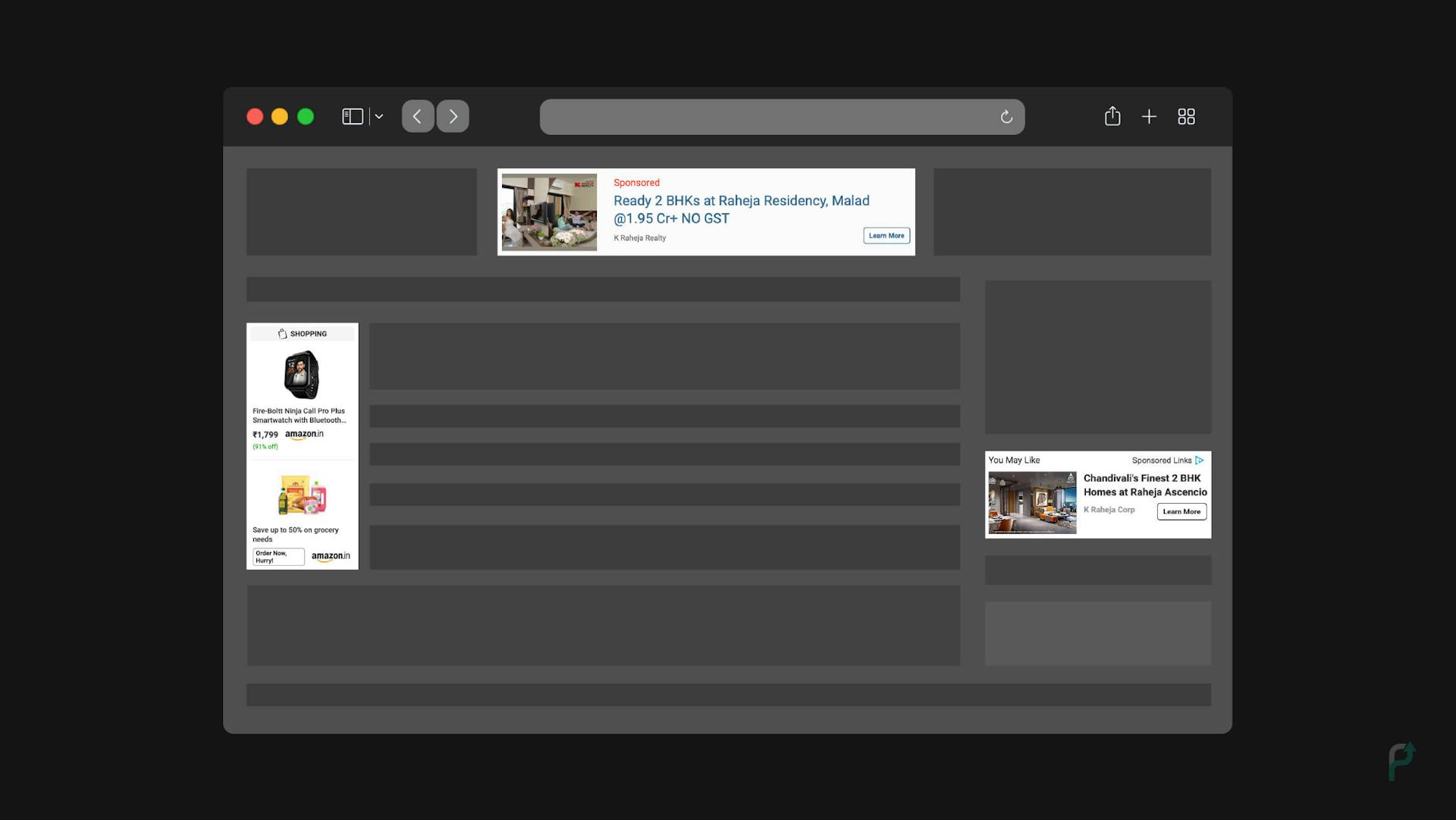 PPC AdSense Monetization Strategies
PPC AdSense Monetization StrategiesGoogle AdSense is the most straightforward way to add mobile app advertising to your website. After registering for the program, you just need to upload a few lines of code to your website to get started with Google AdSense website monetization.
You receive a few cents each time a visitor clicks on one of your ads. This form of advertising is known as pay-per-click (PPC) or cost-per-click (CPC) advertising. Website owners can generate passive revenue using the pay-per-click (PPC) advertising strategy. Google AdSense is the most often used resource for this.
With this website monetization strategy, you may display your visitor's customized advertising because of Google's advanced algorithm. They usually aren't as annoying because they're more relevant to your users. The network connects publishers with open ad slots with advertisers looking to promote their brands. Usually, you receive similar matches with businesses whose audiences or niches are comparable to your website.
Read here to learn more about the requirements for website monetization tips to maximize your Google AdSense earnings.
Adsense website monetization is one of the simplest ways to generate extra income due to the simplicity of setup it provides. The blog or website owner may easily and rapidly add advertisements. Another outstanding feature is that even if you own many websites, you can still apply to become an AdSense partner.
Furthermore, publishers won't have to fret about putting anything up because of Google's excellent assistance. Also, to assist users in getting started, customer forums and tutorials are also accessible. And the best thing is that Google will always pay you on schedule, often between the 21st and the 26th of the month.
-
Display Ad Units
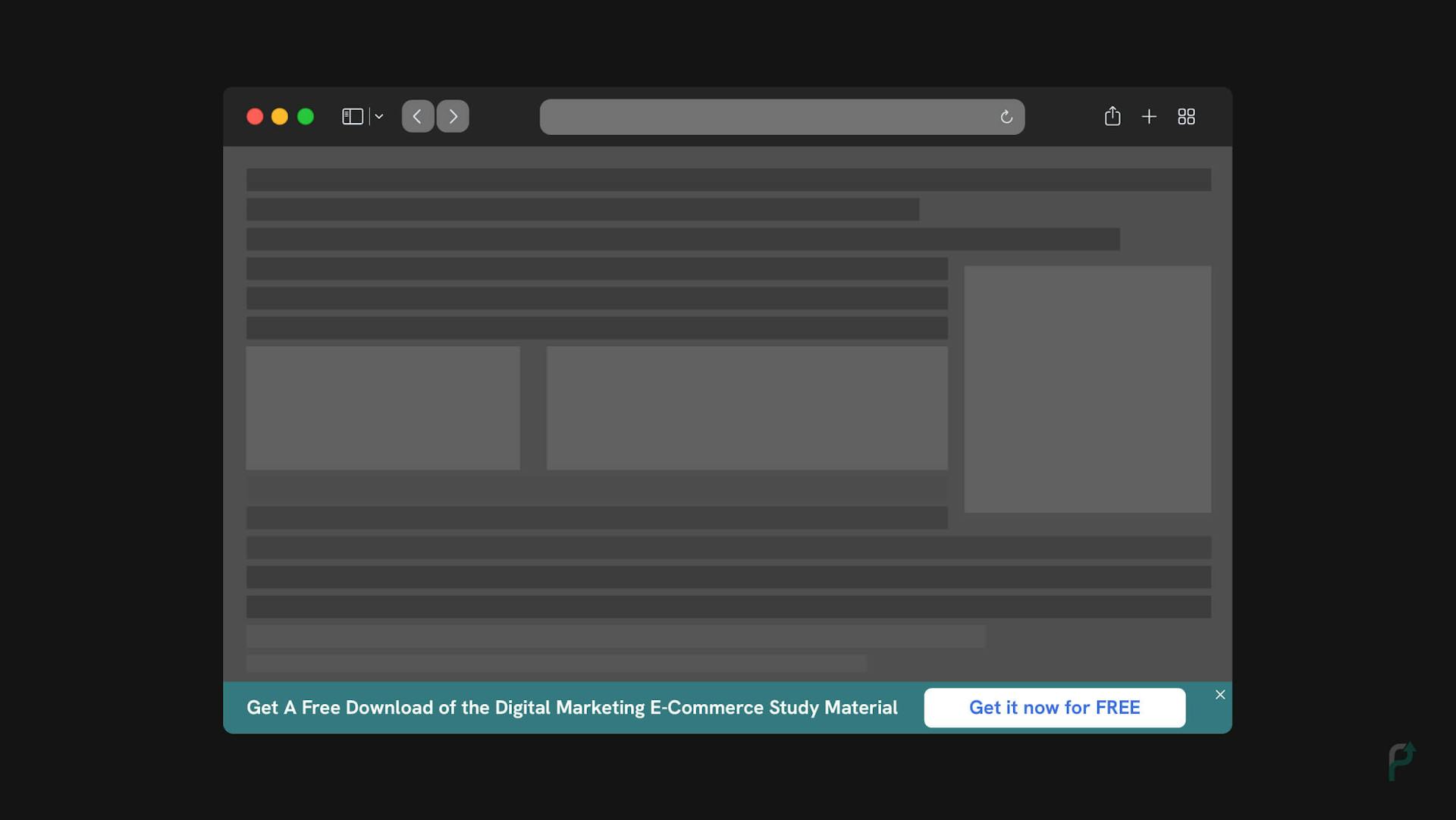 Display Ad Units Sticky Footer
Display Ad Units Sticky FooterThe versatility of Display ad units makes them a superb all-around choice for website monetization. They automatically adjust their size to meet your website layout and the devices used by your users, as they are responsive by default. Additionally, they work with AMP pages and can be adjusted to display fixed ad sizes.
With this website monetization strategy, you add a little piece of code to your website, and whenever someone visits it, ads automatically get displayed. The most effective ad networks will provide relevant ads to the target market to create prospects for better revenue.
The two most popular forms of ad price alternatives are pay-per-click (CPC) and cost-per-mile (CPM), and display advertising will connect off-site to advertiser websites.
It's required to sell ad space in defined places on your website to monetize it with this website monetization strategy. On most publishers' websites, the top, sides, or bottom of the page are the standard placement options. You may also decide to provide several ad sizes based on the design of your website; some of the most popular sizes are 300x250 and 728x90.
-
Video Ad Units
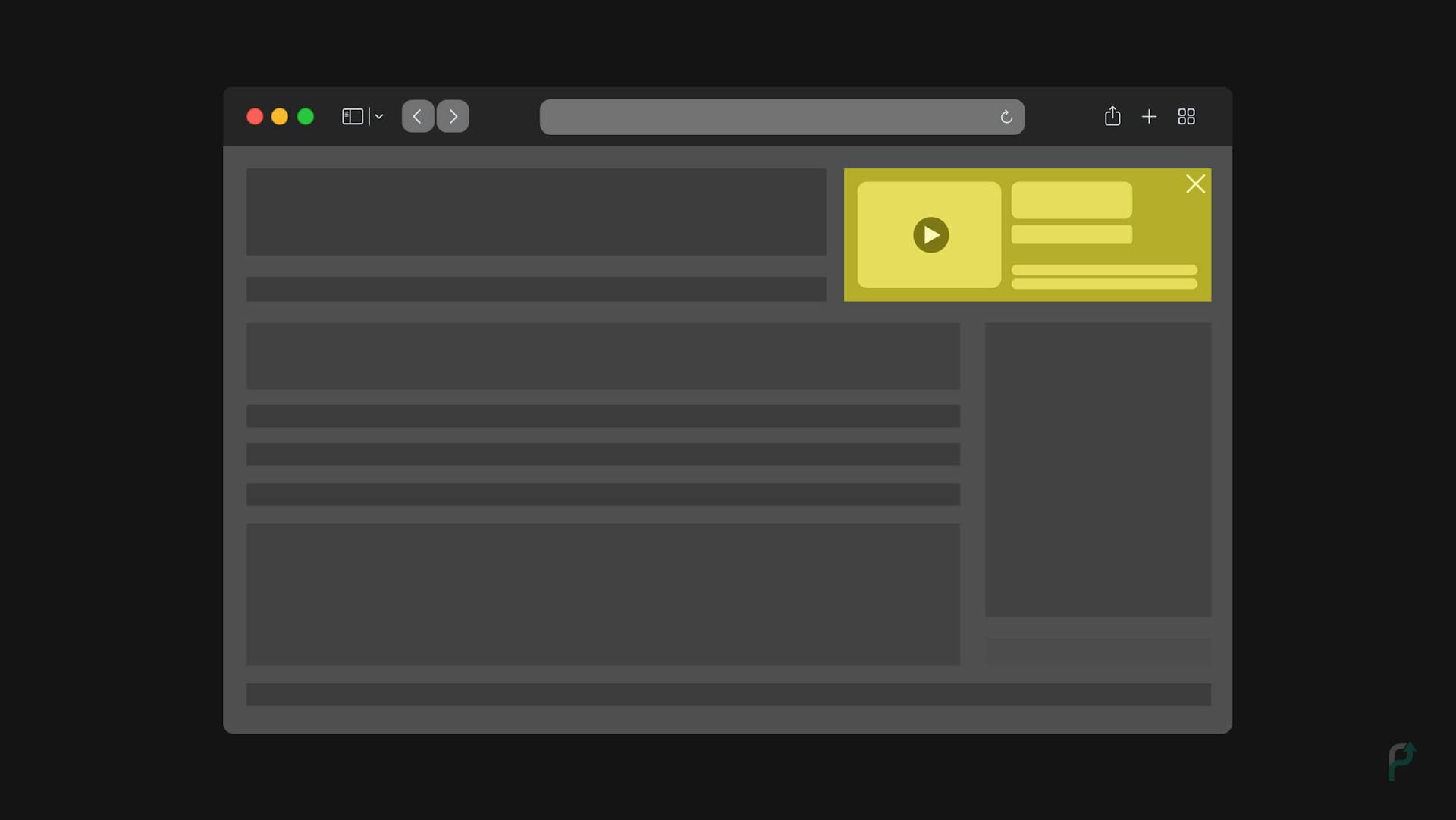 Video Ad Units In Page Push
Video Ad Units In Page PushVideo is the most effective website monetization strategy since it has a high engagement rate and, when used appropriately, generates a lot of revenue.
Today, a sizable portion of every dollar spent on digital advertising goes toward video advertising, and for good reason. Advertisers are ready to pay higher CPMs for premium video ad inventory because video advertising gives a considerably higher return on investment than display advertising.
Similar to display ad units, the process involves delivering a certain inventory space. Location, video player size, and whether the commercial plays before, during, or after the video are all given priority.
For publishers that utilize advertising as their primary source of website monetization, video ad units are the perfect website monetization strategy. The use of video will be hugely beneficial for your website if your content generates strong engagement and time-on-site metrics. Any content website may now more effortlessly create high-quality in-stream ad inventory and monetize it right away.
-
Programmatic Advertising
In the good old days, offering your advertising space as inventory for advertisers required a fair amount of human effort. You would obtain the necessary website code—or possibly the creative itself—via email and manually install it on your website.
The whole buying and selling process is automated by programmatic advertising, making it simple to specify the best price for your ad inventory. It is one of the top next-generation website monetization tools for facilitating uncomplicated website monetization.
Registering with an SSP, or supply-side platform, is essential to monetize display or video ad units. In addition to providing you with the best price for your goods, these platforms help you find relevant ads based on a variety of factors.
This website monetization strategy is ideal for websites with high monthly traffic. The benefit for publishers is that, compared to direct sales of display advertisements, programmatic is a comparatively low-maintenance source of revenue. If you are attentive to optimizing for the best results and cutting off partners that are constantly not delivering, you will reap the maximized profits.
Read our blog to understand more specifically about programmatic advertising.
-
Header Bidding
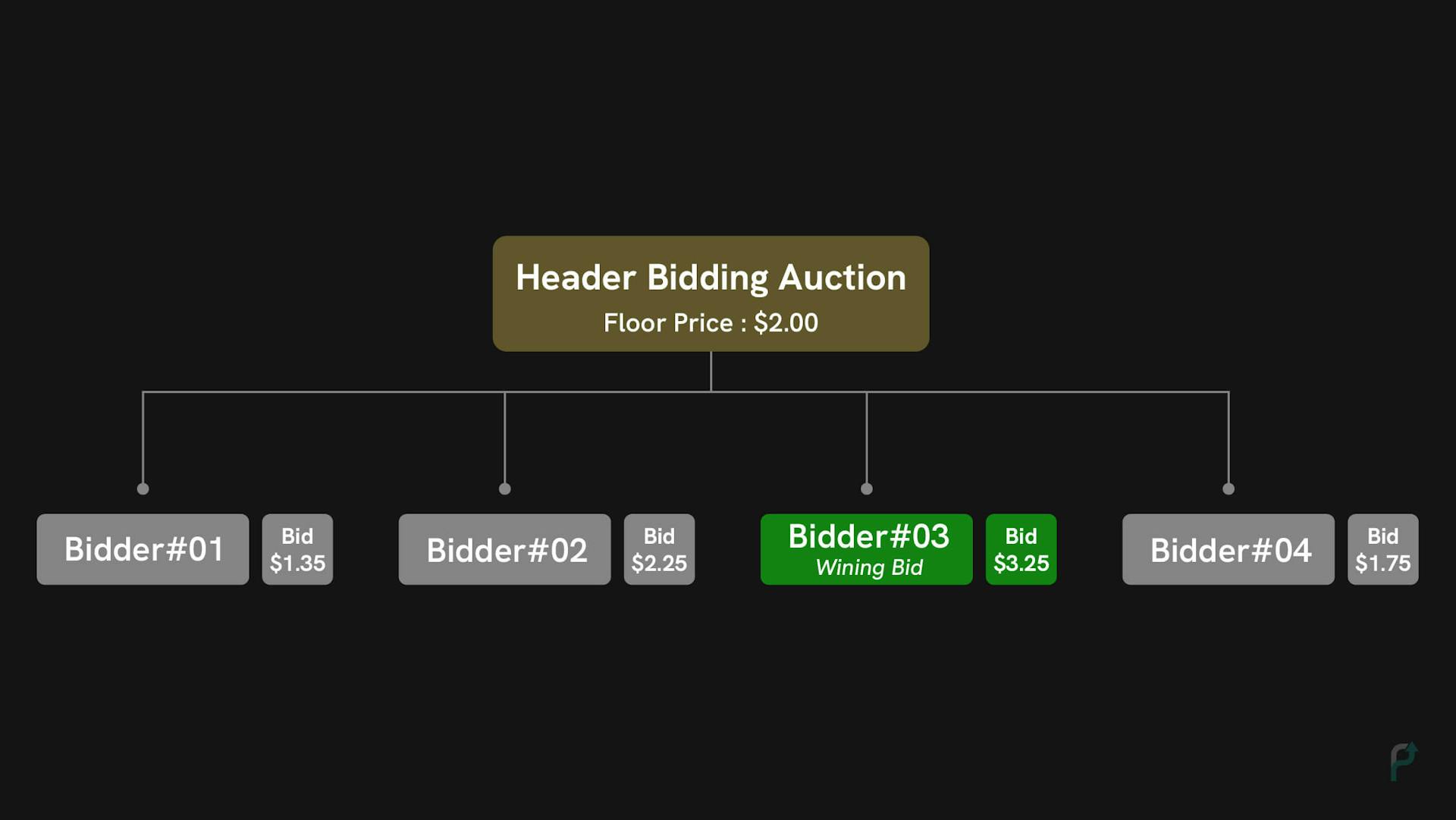 VHeader Bidding Auction Process Flow
VHeader Bidding Auction Process FlowBy allowing publishers to sell their ad space to the highest bidder, this website monetization strategy can enhance revenue and help in monetization.
Here, the demand partner that places the highest offer wins the programmatic auction and is granted access to the publisher's inventory for advertising purposes. It simply takes a tiny fraction of a second to complete this entire operation.
With header bidding (an advanced programmatic technology), you can simultaneously provide your ad inventory to many demand partners (like Google, InMobi, and PubMatic) and sell your ad inventory for the highest price feasible. However, because of its high development expenses, most publishers may not be able to afford to implement such a system in-house.
Whether you're an advertiser trying to raise the efficiency of your ad campaigns or a publisher trying to increase your ad revenue, header bidding has fundamentally transformed the monetization approach to a website's ad inventory.
-
Sell Ad Space
One of the most straightforward and well-liked website monetization strategies is to monetize your ad space. Selling ad space on a website allows businesses to generate revenue by renting out available ad places to prospective buyers.
Publishers can either sell ad space directly to advertisers or use ad networks. Additionally, they can either utilize the ad network providing server or their ad server to send full creatives to their website to participate in this type of online advertising.
It's essential to keep your layout in mind if you want to sell ad space. The ads may appear as a link at the bottom of the page, side banners, or small pop-up windows. Since you have control over price negotiations as well, the prices for each might also vary.
To use this website monetization strategy, you must have a lot of visitors and a high conversion rate. Advertisers will pay you according to how many people click the advertising or visit the website when using this method because it employs the pay-per-click or pay-per-visitor model.
Here are some ideas to help you let people know that you're offering advertising space.
- Create a media kit that includes a summary of your website's statistics and other critical information.
- Send it to prospective advertisers to demonstrate why they should partner with you.
- Use Google AdX to manage your advertisers once you've found them.
Pro Tip:
Ensure you don't oversaturate the area with advertisements; this might drive away potential customers rather than draw them in.
-
Affiliate Marketing
You can try affiliate marketing to monetize a website if you have an aptitude for writing product reviews or promotions. Referring people to other websites using affiliate links is known as affiliate marketing. You will receive a portion of each sale on those sites when users buy goods.
This website monetization strategy has equal earning potential as advertising in terms of generating revenue. Essentially, it delivers you with merchandise to sell in place of your own. Amazingly, the process is as easy as picking a program, applying online, being approved (or rejected), and then adding the links to your website.
Payment conditions will vary across affiliate advertisements. The two most frequently used are lead generation (pay per lead) and commission(pay per sale). These are also known as CPAs (cost per action). Standard programs reimburse you for each sale with a part of the item's cost.
Rakuten (formerly LinkShare), CJ Affiliate (formerly Commission Junction), Partnerstack, Amazon Associates, ClickBank, and ShareASale are popular affiliate marketplaces. Except for affiliate marketing, they function like ad aggregators.
If you are using ad-serving software, you may combine affiliate marketing code with PPC ads from a network. You can also embed affiliate marketing code directly into your website.
But keep in mind the crucial points below to succeed with this website monetization strategy without jeopardizing your integrity and reputation:
- Promote goods and services that your audience will find valuable.
- Avoid advertising everything and anything (without first trying the product or, at the very least, reading customer feedback).
- Ensure that you entirely disclose any links or affiliations you may have.
Pro Tip:
If you have an engaged audience on your website who listen to your recommendation, affiliate marketing is one of the most uncomplicated ways to get passive income.
-
Sponsored Content
You may monetize your website by using it to promote the products and services of other businesses in return for money. This website monetization strategy is sponsored content. Through sponsored content, you may increase website visitors and earn more money.
Also, you won't have to linger to get paid for every click, unlike with ad agencies. Instead, you might approach businesses with matching target markets and propose to create content that supports their offerings, such as blog entries, infographics, offers, or product reviews.
No matter if you launch a website or a blog, this website monetization strategy has significant business potential. They may be penned by the sponsoring business or by you. In addition, you could expect a higher charge if the article is written by you and published on your website.
Also, start taking submissions from third parties for guest posts, where they may pay you to publish their articles on your website. Sponsored content also has to include a disclaimer, much like affiliate marketing does. Additionally, you should put out a media package and contact possible sponsors.
Pro Tip:
While sponsored content may be financially rewarding, it's crucial to protect the reputation of your website and audience by only accepting sponsorships that are relevant to and consistent with the objectives of your website.
-
Create an Email List
Email lists may assist you not only with lead generation but also with revenue. Implementing this website monetization strategy will help you fast monetize your website and provide other benefits. Building an active email audience and growing it are the goals of email lists. Once you have a wholesome email list, you can utilize it to promote your products and services while including sponsored posts from your business partners and affiliate links.
Making a weekly newsletter with tons of engaging, relevant content and including space for banner advertising or sponsored content from a relevant business at the bottom is one way to monetize your email list.
Further, users must pay to access your newsletter if it is valuable to them. Use your imagination while selecting the content for your email newsletter because there is no right or wrong manner to do it. You may offer visitors your premium, in-depth information, like e-books or whitepapers, in return for their email addresses.
Pro Tip:
The most important prerequisites to implement this website monetization strategy are a strong email list and an engaged audience.
-
Offer Online Courses, Digital Products, Webinars, or Memberships
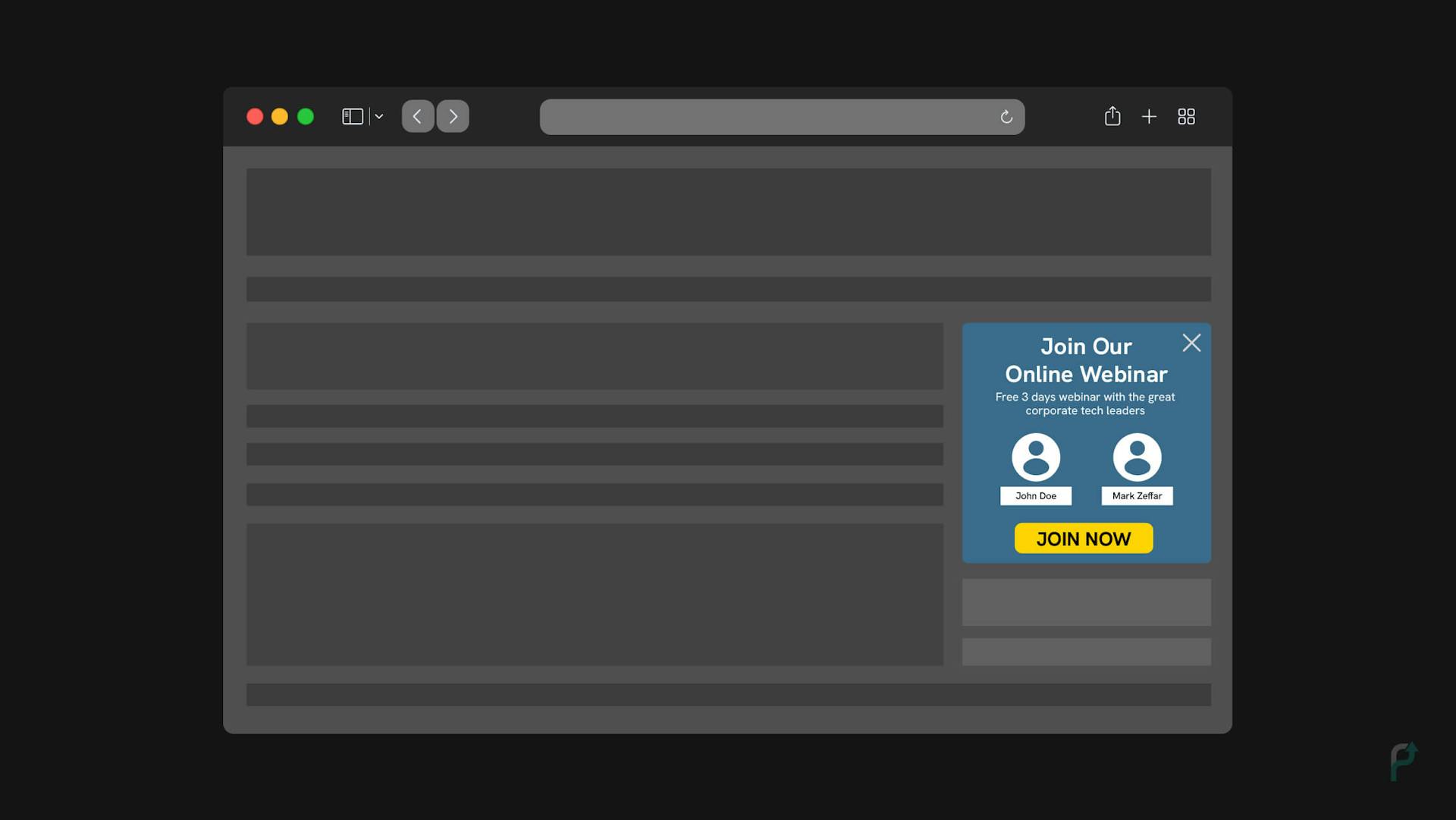 Webinar Monetization Strategy
Webinar Monetization StrategyYour company may create recurring revenue by offering an online course, a digital product, webinars, or subscription content as part of a website monetization strategy. Every time a website visitor signs up for an online course, a live or recorded webinar, purchases an e-book, or completes a lesson or course, you get paid.
Publicize your webinar and choose a day and time. You may advertise using a website banner, email your email list, create a landing page specifically for signups, and share it on social media. If you want to carve out a niche for yourself in a specific industry, be sure to set yourself apart from your competitors by providing value that no one else can.
Here are three quick and efficient methods to monetize webinars.
- Paid webinars
- Product demo webinars
- Webinars promoting courses
Another successful website monetization strategy is membership content. Similar to a paywall, it performs well on websites that provide a variety of information, such as reports, PDFs, webinars, e-books, courses, etc. In this scenario, you keep the majority of your content free while reserving a piece of it (often premium) for subscribers. High-quality content, a membership platform, or a plugin are essential prerequisites for this website monetization strategy.
-
Flip and Sell Your Website
By investing in monetizing websites that need a boost, website developers may earn a solid living. Then they can enhance them by increasing traffic, improving their worth, and selling them. It's known as website flipping.
Furthermore, you must select the best website based on the probability of selling it if you want to be successful with this website monetization strategy. Drop shipping, e-commerce, and financial websites often command the highest prices. If you are adept at creating websites, think about building and selling pre-made websites by picking a profitable niche, developing it, and then offering it for sale.
Some effective website monetization tips
- Recognize your website monetization requirements, and then try to meet those needs. To discover the one that works best for your site, you might need to try a few of these website monetization strategies in combination or separately to find the one that works best for your website.
- Monetizing a website requires time and work. Even though your initial profits might not live up to your expectations, don't let first earnings discourage you.
- The amount of revenue you earn will ultimately depend on how much traffic your website receives and how much effort you're willing to put out to turn it into a money-making machine.
- The most precious resource you have is the visitors to your website. If you don't put in the grind to grow your visitors and build online trust, none of the website monetization strategies discussed here will be successful.
- For a website to be profitable, its return on investment (ROI) and readership must be carefully balanced. It's vital to keep an eye on your readers' perspectives and base conclusions accordingly. Yes, you should make your website as profitable as possible, but never at the cost of user experience.
- Give your website some breathing room. Avoid bombarding subscribers with several ads on each page. Consider your audience from their perspective, and keep in mind that the advertising should be relevant to the content of the website.
- Before considering one of the website monetization strategies on this list, establish a connection with your readership. First, create a website that is both appealing and user-friendly. Take the time to identify your niche, write several blog posts with valuable information, and create a newsletter. Besides, build a connection with your user base by replying to comments, emails, and social media communications.
- Although it is simple, website monetization is not straightforward. Having a terrific website with amazing content that matters to your target audience is indispensable for long-term website profitability.
Final Words
You only need one effective way to earn good revenue from website monetization. However, you may also include more revenue sources in your monetization mix and observe how your target market reacts to them. Try out several website monetization strategies. Scale up what is effective. Get rid of what isn't working. That is how your website becomes a cash-generating engine.
Further, ensure you always obey the law and that your website monetization strategies are lawful. Any reckless marketing strategy-related activities might harm your website's and brand's image.
Finally, spread the word about these fantastic website monetization strategies to your friends and colleagues so they may use them to grow their businesses.
The only ad platform built for developers by developers.
Contact us now for a product that fits your needs! It’s quick, simple and easy.



